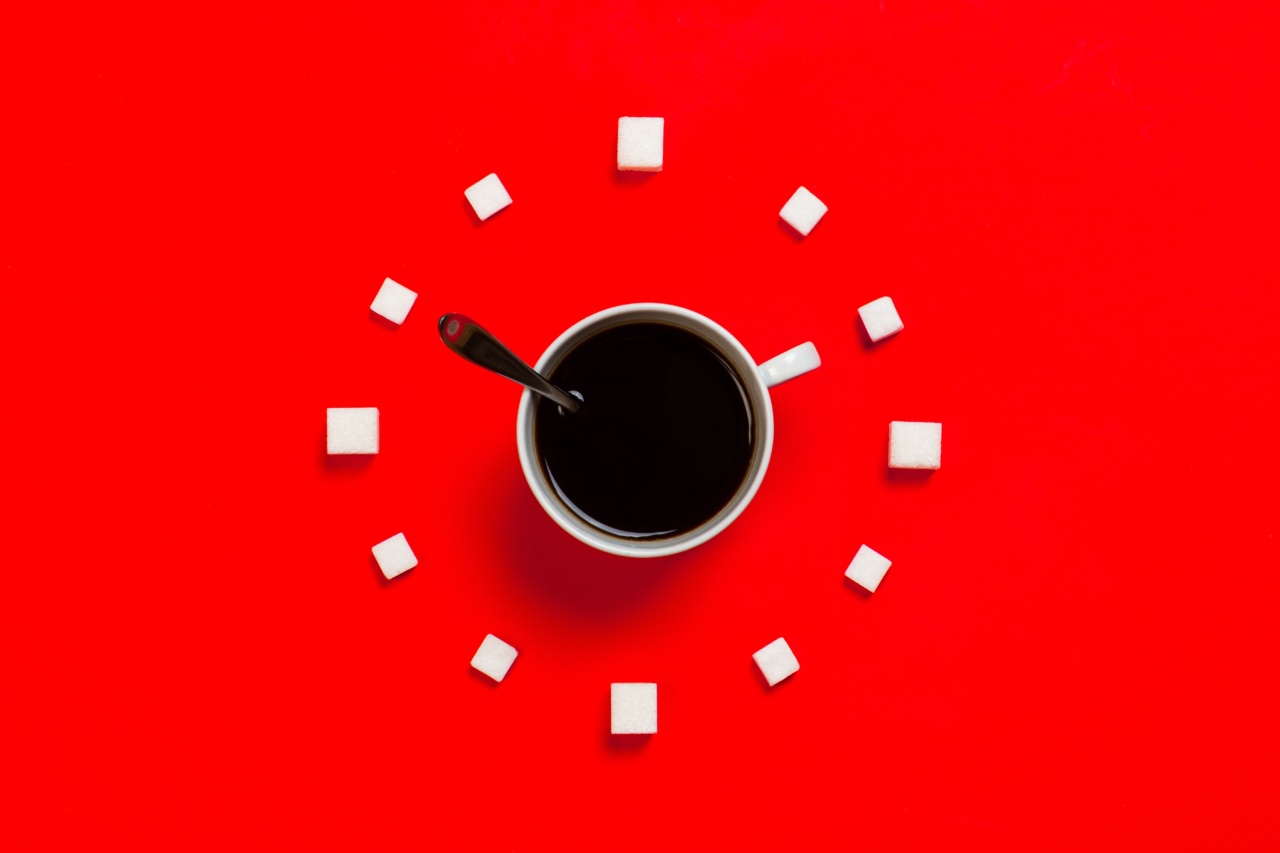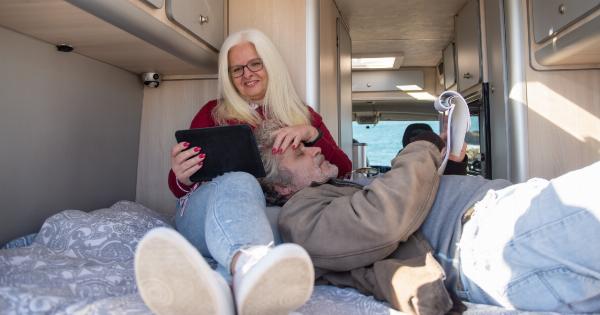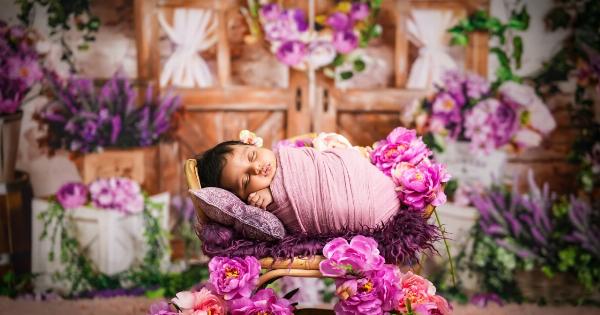For many of us, the perfect nap is an elusive dream. Whether it’s due to work stress, family obligations, or just a restless mind, getting a good nap can be a challenge.
It’s no surprise, then, that people have turned to different methods to try and enhance their nap experience, including drinking coffee before hitting the sack. But is this a good idea? In this article, we’ll take a closer look at whether a cup of coffee before nap time is necessary, and if it really delivers the boost we need to feel more energized and refreshed.
Why Do People Drink Coffee before Napping?
When you’re feeling tired and sleepy, caffeine can be an excellent way to give you the boost you need to stay awake and alert. That’s why so many of us reach for a cup of coffee in the morning or during a long day at work.
But it’s less well-known that caffeine can also help us nap better. The thinking goes like this: if you consume caffeine just before a nap, it will begin to work its way through your system just as you’re waking up.
That way, you’ll experience the benefits of caffeine (including increased alertness, faster reactions, and improved mood) without feeling groggy or shaky from prolonged use.
What Does the Science Say?
So, does science support the notion that coffee before nap time is necessary? Some studies suggest that it does.
For example, a small study published in the journal Sleep in 2006 found that consuming caffeine before taking a 20-minute nap improved cognitive performance compared to a placebo. Other studies have found similar results, particularly among athletes and military personnel who are often required to perform at peak levels for extended periods of time.
However, it’s worth noting that these studies are often conducted on relatively small sample sizes and may not be entirely representative of the general population.
Are There Any Risks?
As with any intervention designed to boost health or performance, there are some risks associated with drinking coffee before nap time.
For one, caffeine can interfere with the quality of your sleep, even if you’re only napping for a short period of time. That’s because caffeine blocks the action of adenosine, a natural sleep-inducing substance in the brain. As a result, you may find it harder to fall asleep, or you may wake up feeling groggy and disoriented.
Additionally, caffeine can lead to side effects such as nausea, jitteriness, and palpitations, especially if you’re sensitive to its effects.
So, Should You Drink Coffee Before Napping?
Ultimately, whether or not you should drink coffee before nap time depends on your individual needs and preferences.
If you find that caffeine helps you stay alert and focused, and you can tolerate its effects without undue discomfort, then you may want to experiment with drinking coffee before napping. However, if you’re someone who struggles to fall asleep or stay asleep, or if you’re sensitive to the effects of caffeine, then it may not be worth the risk.
Alternative Methods for Enhancing Your Nap Experience
If you decide that coffee before nap time is not for you, there are other methods you can try to enhance your nap experience. Some of these include:.
- Creating a sleep-conducive environment: make sure your nap space is cool, quiet, and dark to promote relaxation and better sleep.
- Limiting your exposure to technology before napping: the blue light emissions from screens can disrupt your natural sleep cycles and make it harder to fall asleep.
- Trying relaxation techniques: deep breathing, meditation, and yoga can all help reduce stress and promote relaxation, making it easier to nap.
- Following a consistent sleep schedule: by going to bed and waking up at the same time each day, you can train your body to expect rest at predictable intervals.
The Bottom Line
While drinking coffee before nap time can be an effective way to enhance your nap experience, it may not be right for everyone.
Experiment with different methods to find what works best for you, and don’t be afraid to consult with a healthcare professional if you have concerns about your sleep quality or caffeine use.



























